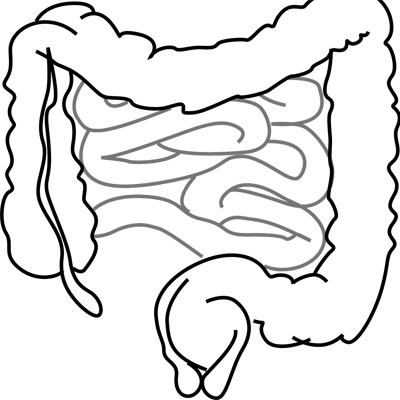People with type 2 diabetes are more likely to have depression if they are 'night owls'
People with type 2 diabetes are more likely to suffer depression if they are also “night owls”. This and more from The Medical Republic’s journal round up:

Breast cancer biomarker
A newly discovered biomarker may be able to predict which women with low-risk in situ breast lesions will go on to develop metastatic disease.
An estimated 85% of these lesions will never progress into invasive cancers, yet currently there is no way to distinguish these from those that will progress.
Now the discovery of the SMARC1 gene, overexpressed in early stage cancers likely to become aggressively invasive, may allow clinicians to sort the benign from the aggressive.
The gene acts only at the very early stage of spread, when it stops breast cancer cells escaping into the surrounding tissues.

Bowel screening failure
Only one in three Australians eligible for bowel cancer screening undergo the process, but the numbers could be higher if the test recommended by GPs, new research suggests.
A study of 31 NSW GPs found the majority viewed screening as a diagnostic or risk-assessment process, rather than a population screen of asymptomatic people.
“Furthermore, the way GPs understood screening was shown to impact their clinical practice, influencing their preferences for, and use of, screening tools such as FOBT,” the authors wrote.
Instead, there was a need to focus on the preventative opportunity that FOBT screening offered, the authors said.

Diabetes and depression
Depression is more likely to strike patients with type 2 diabetes who are “night owls”, a study shows.
Patients with type 2 diabetes who preferred staying up late scored higher on a depression scale than “morning people”, the study of more 400 individuals found.
The positive association between later chronotype and depression remained even after adjusting for sleep quality, HbA1c levels and insulin use.
Depression often affects patients with type 2 diabetes and is related to worse outcomes.
“Intervention studies targeting circadian timing should be explored to determine whether altering circadian functioning may improve depressive symptoms in type 2 diabetes patients,” the authors said.

Obesity paradox solved
New research overturns the “obesity paradox”, which suggested being overweight was protective against death.
The researchers followed more than 225,000 participants across three prospective studies, and found that being overweight or obese at any point during a 16-year period led to an increased risk of all-cause death.
These participants were also more likely to die from cardiovascular disease, cancer and respiratory disease during the 12-year follow-up.
Previous research finding a protective effect may have been caused by reverse-causality, where the illness leading to death caused weight-loss, the authors said.
Participants completed two-yearly questionnaires about their body weight, health habits and problems and medication.


